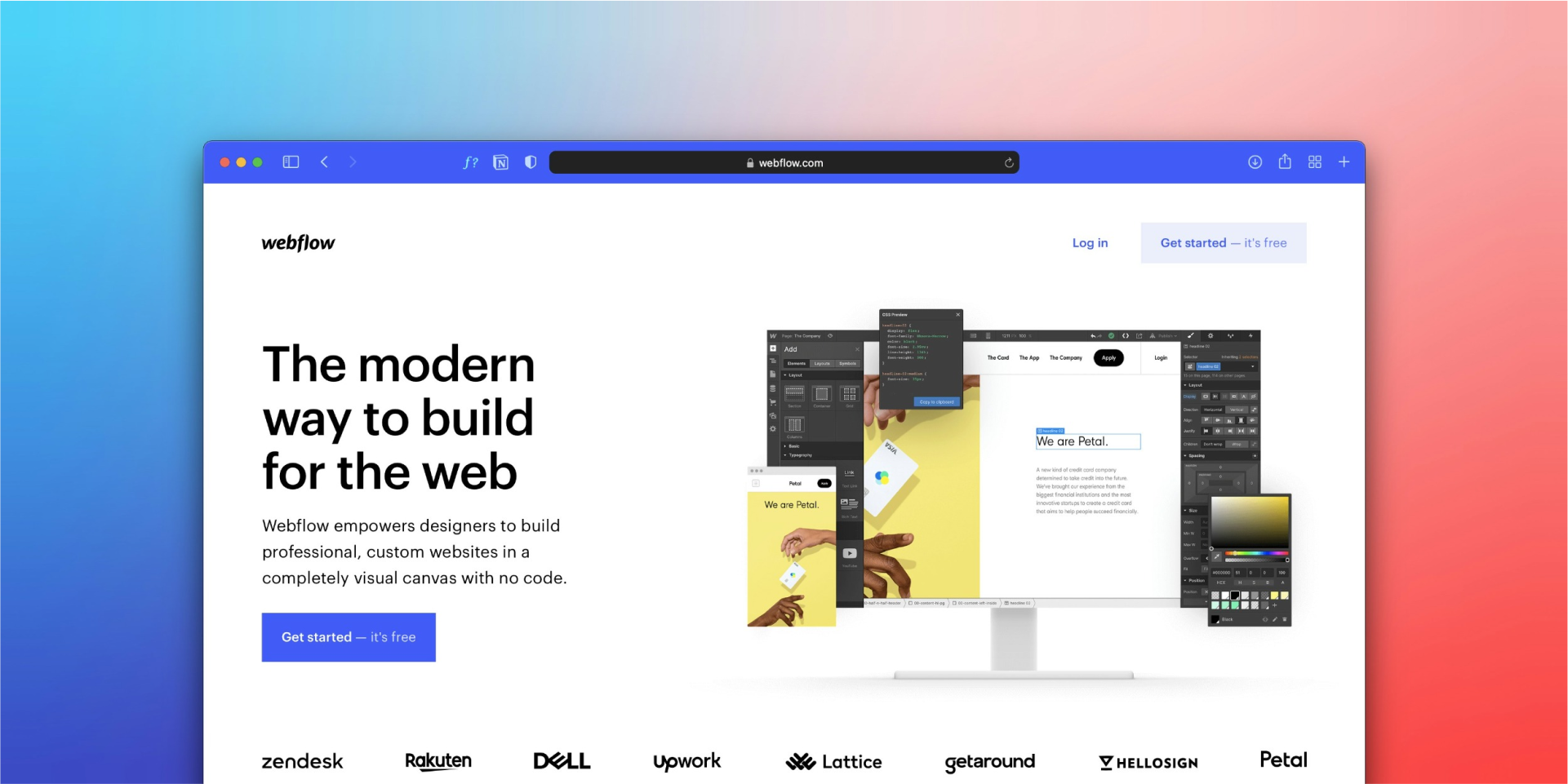The Essence of UI/UX Design: Principles to Elevate Your Digital Experiences

At the heart of effective UI/UX design lie a set of principles that guide designers in creating intuitive, engaging, and delightful user experiences.

In today's digital age, user interface (UI) and user experience (UX) design play a pivotal role in shaping the success of websites, applications, and digital products. At the heart of effective UI/UX design lie a set of principles that guide designers in creating intuitive, engaging, and delightful user experiences. In this blog post, we'll delve into the fundamental principles of UI/UX design and explore how they can elevate your digital creations to new heights.
User-Centred Design
At the core of UI/UX design is the principle of user-centredness. This principle emphasises the importance of understanding the needs, goals, and behaviours of your target audience and designing with their best interests in mind. By placing the user at the centre of the design process, you can create experiences that are intuitive, relevant, and meaningful.
Consistency
Consistency is key to creating a cohesive and harmonious user experience. From visual elements such as colours, typography, and icons to interactive elements such as buttons and navigation menus, maintaining consistency across your design ensures that users can navigate and interact with your product seamlessly.
Simplicity
In a world inundated with information and distractions, simplicity is a breath of fresh air. Strive to simplify your designs by removing unnecessary clutter, streamlining workflows, and focusing on the essential elements that drive user engagement and satisfaction. A simple and intuitive interface not only enhances usability but also instills a sense of trust and confidence in your product.
Visual Hierarchy
Visual hierarchy refers to the arrangement and prioritisation of elements within a design to guide users' attention and convey information effectively. By employing techniques such as size, colour, contrast, and typography, you can create a clear and intuitive hierarchy that helps users navigate your interface and understand the relationships between different elements.
Accessibility
Accessibility is a fundamental principle of UI/UX design that ensures your product is usable and inclusive to all users, regardless of their abilities or disabilities. Consider factors such as colour contrast, keyboard navigation, screen reader compatibility, and alternative text for images to ensure that your design is accessible to everyone.
Feedback and Responsiveness
Feedback and responsiveness are essential aspects of a positive user experience. Provide users with clear and timely feedback in response to their actions, whether it's a hover effect on a button, a loading spinner, or a success message after completing a task. Additionally, design interfaces that adapt and respond gracefully to different devices and screen sizes, ensuring a consistent and enjoyable experience across all platforms.
Iterative Design
UI/UX design is an iterative process that involves constant refinement and improvement based on user feedback and testing. Embrace a mindset of continuous learning and iteration, seeking opportunities to gather user feedback, conduct usability testing, and iterate on your designs to create experiences that evolve and improve over time.
Conclusion
Incorporating these fundamental principles of UI/UX design into your workflow can elevate your digital creations and create memorable and impactful user experiences. Whether you're designing a website, mobile app, or digital product, keep these principles in mind as you craft interfaces that delight, inspire, and empower users around the world.
You may also like to read...
UI/UX Designer & Webflow Developer
Hey, I'm Gus! I help businesses realise their potential on the web, designing & developing web experiences that both sell and impress.





